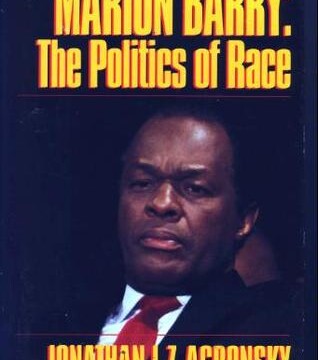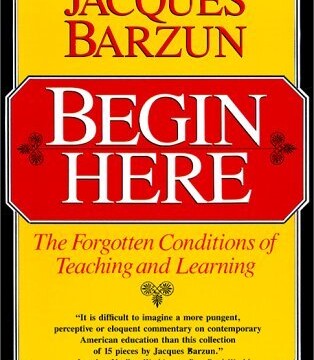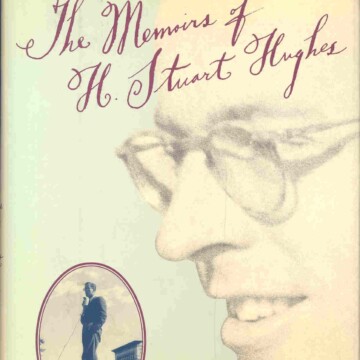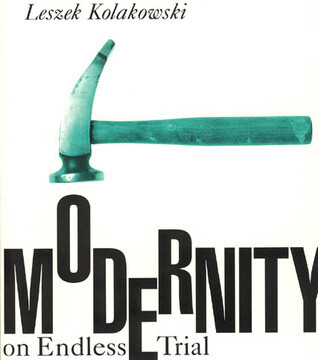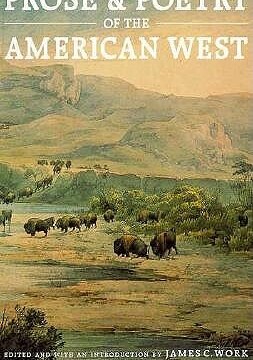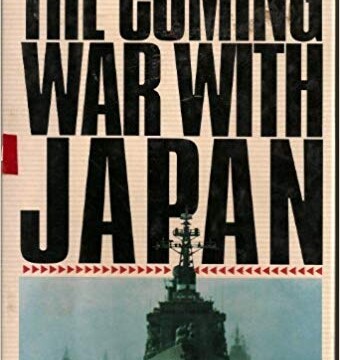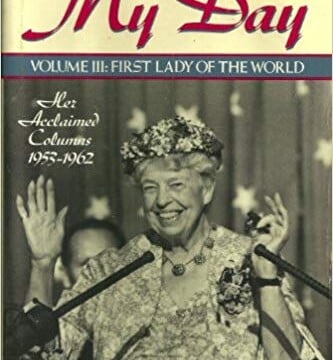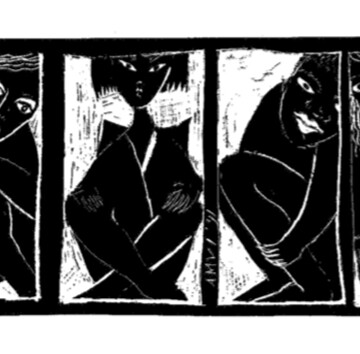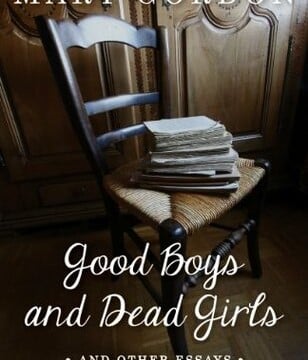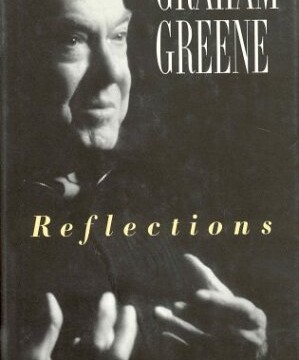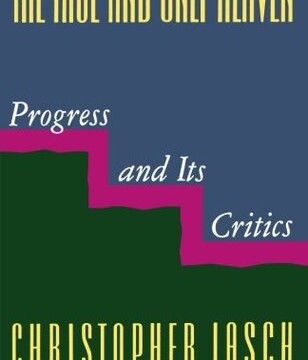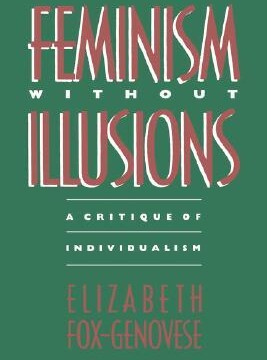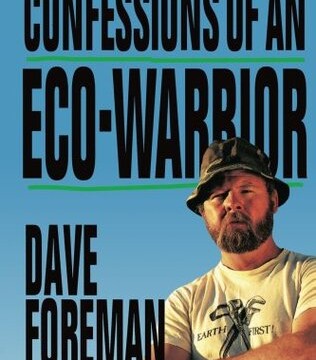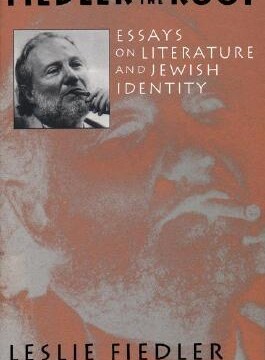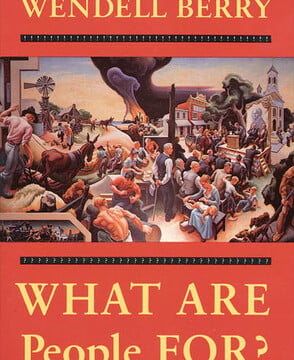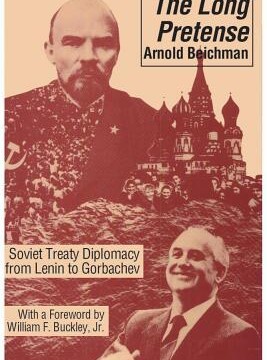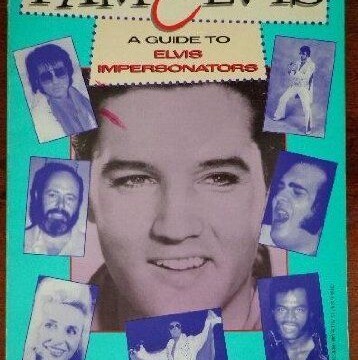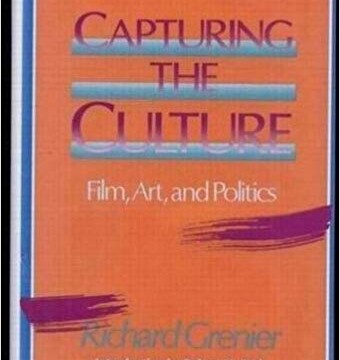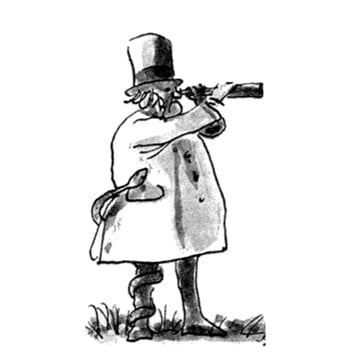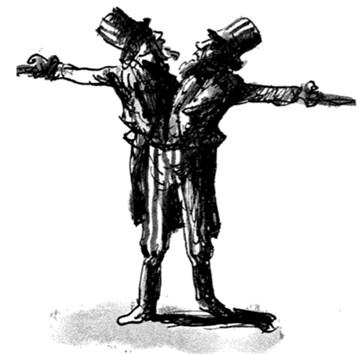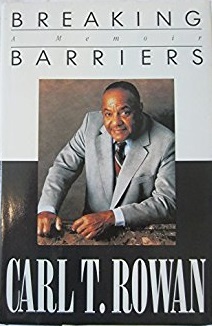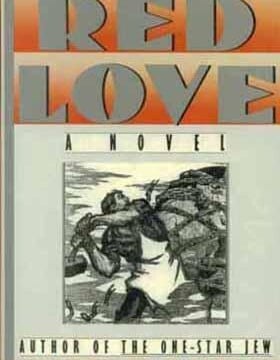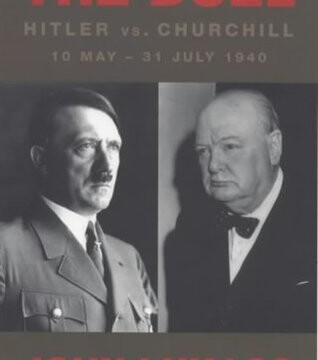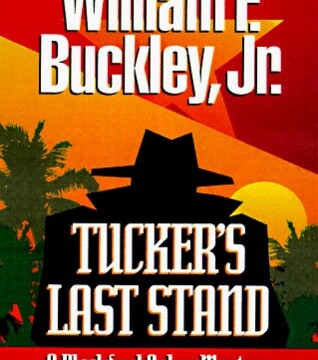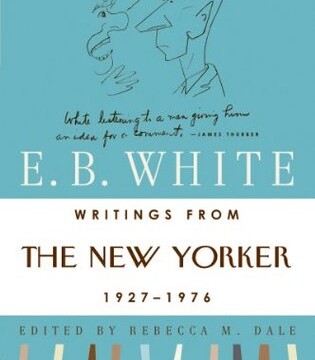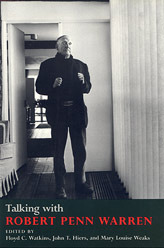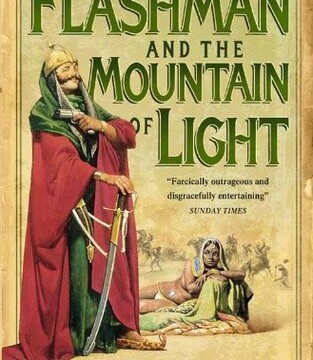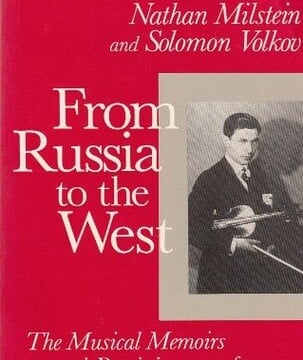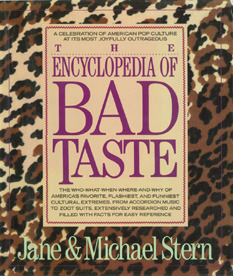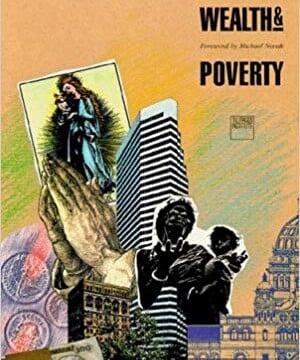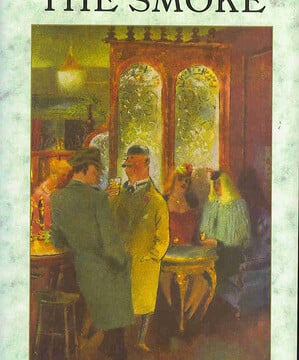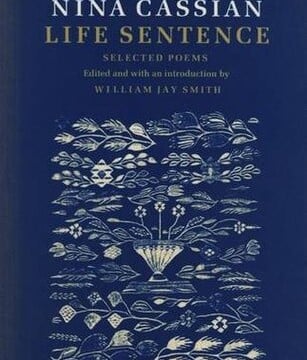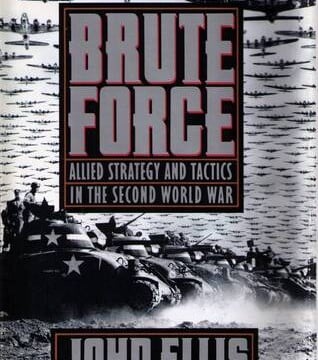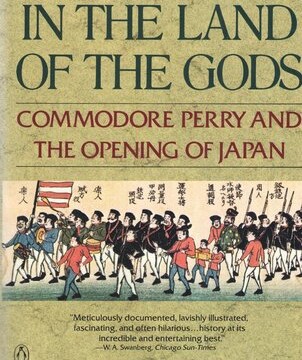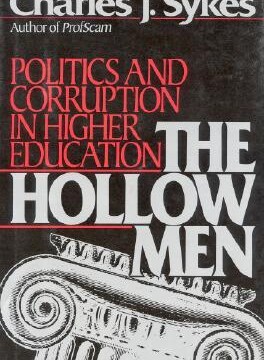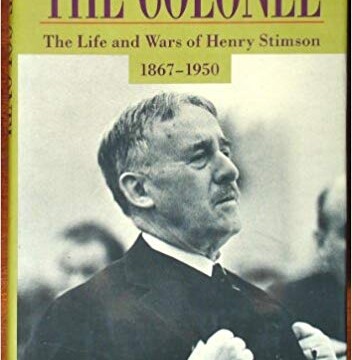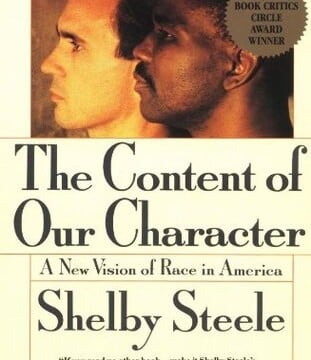“He was just five years old when Mattie Barry, seeking a fresh start in life, moved north with her son and two older daughters to Memphis. . . . Her husband had been killed a year earlier in Itta Bena. Neither Marion Barry, Jr., nor his mother, who now lives in Memphis, will talk about...
Category: Reviews
Flat-Earth Theories
“Vae victims” Perhaps because it is itself so completely ahistorical, the left has a great need for history, which it proceeds to squeeze with the fiendish rapacity it would attribute to the Tropicana fruit juice corporation. Of the three books under review here, all purportedly of a historical nature, only one of them—David Henige’s—really is...
Intermediate Frisbee
Jacques Barzun, for nearly half a century, has been telling us what is wrong with our schools and what we might do to improve them. This he continues to do in his most recent book, Begin Here. Pointing out that American schools have long been bad and are getting worse; that from grade school through...
The Christian Condition
“Faith is required of thee, and a sincere life, not loftiness of intellect, nor deepness in the Mysteries of God.” —Thomas à Kempis This is, in fact, a book about two men, since, due to his strong personality and his close relationship to Georges Bernanos, the author plays an important part in it. “I wanted...
Sanity Begins at Home
To begin on a positive note: anyone who shuddered at the prospect of a barely thirty-something Edward Kennedy in the U.S. Senate cannot be wholly without redeeming social value. The year was 1962, and H. Stuart Hughes, grandson of the 1916 Republican presidential nominee of the same surname and devotee of a SANE foreign policy,...
Beyond Hubris
With disarming and hardly disingenuous modesty, Polish humanist Leszek Kolakowski describes his new anthology, Modernity on Endless Trial, as a loose collection of “semi-philosophical sermons” written over the course of a decade or so, purporting to offer no original philosophy. He adds, as an apparent afterthought, that he views them as conscious, deliberate appeals for...
Trending West
“Of making many books there is no end,” Ecclesiastes has it. Like the endless streams of cat-cartoon and celebrity workout books, the flow of books factual or fictional about the American West seems not only interminable but ever-increasing: The region has long been a popular setting for a great mass of pulp fiction, to which...
Credulous Creatures
“If the world will be gulled, let it be gulled.” —Robert Burton Who now reads Alfred Kinsey? Almost no one. Who now remembers the great media event set off in 1948 by the publication of his “monumental” book of 804 pages on Sexual Behavior in the Human Male? Most Americans over 40 probably do, while...
Yellow Peril (Part II)
Do not be put off by the sensationalist title. This is a solid geopolitical and economic study of power in the Pacific during the 20th century. Basing their prophesy on the record, George Friedman and Meredith Lebard conclude that a second U.S.-Japanese war is highly probable in the early 21st century. The authors do not...
A Song in My Heart, A Hole in My Head
Eleanor Roosevelt and I go way back. My father taught me to read from a stack of her “My Day” columns in 1940. We happened to have a plentiful supply of “My Day” in the house because the doctor had refused to be responsible for my reactionary grandmother’s blood pressure unless she stopped reading it....
Business as Usual
“The effects of infantile instruction are, like those of syphilis, never completely cured” —Robert Briffault Shortly before Christmas last, I heard a college president say, gesturing toward a copy of Roger Kimball’s Tenured Radicals, “That book is making my job very difficult.” Evidently, the anti-academic barrage that began in earnest with Allan Bloom’s The Closing...
Feminist Fatale
Because I well remember reading some of the pieces Mary Gordon has assembled here, I had no reason to wish to reread them and no cause to want to read the ones I’d been lucky to miss the first time around. What I think about Mary Gordon’s writing reminds me of a favorite malapropism: “Do...
What Is Right?
Many ambiguities continue to surround the term “right.” A century after the word entered the jargon of party politics, and forty-five years after the military defeat of fascism, there is still no comprehensive theory of the right. What exactly does it represent in a time of “soft” politics and the end of “hard” ideologies? Does...
Crusoe’s Island
Because William York Tindall’s Forces in Modern British Literature extends itself only to 1946, and because there has been nothing as wide-ranging published since, I looked forward to George Watson’s book repairing the omission. Watson, a Cambridge don, is also the author of a splendid study of English criticism from Dryden to Eliot, which I...
Divided Loyalties
Graham Greene died this year at 86, a ripe old age that was no small accomplishment for a man who at 19 played Russian roulette on the Berkhamsted common until he grew bored with even the possibility of his own death. As a “semilapsed” Catholic who professed belief (though not certainty) in purgatory but not...
Lamentations of a Recovering Marxist
“Progress needs the brakeman, but the brakeman should not spend all his time putting on the brakes.” —Elbert Hubbard The case for pessimism has been easy to make since Lincoln, and mandatory since Franklin Roosevelt. Today, not much is left of the Old Republic. As early as the 1930’s, Frank Chodorov could describe Washington, D.C.,...
Studies in Tyranny
“Tyranny, like Hell, is not easily conquered.” —Thomas Paine Nearly half a century after their destruction, Nazi Germany and Adolf Hitler remain the objects of greater attention and hatred than do Stalin and his Soviet Union, although the extent of their crimes were similar and Stalin’s regime was in some ways the more complex and...
Partial Attraction
Elizabeth Fox-Genovese’s career seems dedicated to the principle that radicals can be reasonable. The encouraging title of her latest book suggests that they may even be realistic. Although the author challenges the grounds on which most feminists argue their rights, she is admittedly and regrettably a feminist herself, and her book is primarily a contribution...
Hoisting the Black Flag
Dave Foreman grew up on a ranch in the mountains of New Mexico, where he came of age in the early 1960’s. Like many others of his generation, he joined the Young Republicans and campaigned for Barry Goldwater, witnessed the near-collapse of American society in the late 1960’s, and began to realize that the system...
I’m Nobody
“Literature, strictly consider’d, has never recognized the people, and whatever may be said, does not today. Speaking generally, the tendencies of literature, as hitherto pursued, have been to make most critical and querulous men.” —Walt Whitman In a prepublication interview, Leslie Fiedler remarked that he had wanted for years to use the title he has...
The Good Soldier
One of the many vices I cultivate is a weakness for biographies. An intelligent female once told me firmly that she didn’t read biographies. She thought them depressing: the subjects got old and died. I tried to indicate that she was missing a lot, but she was adamant. I think now that if I were...
Motels and Filling Stations
Rural and small town America is nearly dead. A distinctive culture rooted in family farms, weakening since 1900 and seriously diseased since 1960, emerged from the 1980’s in a terminal state. In Iowa alone, the last ten years saw a net out-migration of 280,000 people, a full tenth of the state’s population, with most of...
The Dethronement of Reason
The other day, according to a New York Times editorial, Gorbachev and Yeltsin were trying to put together a “reform coalition that offers new hope for Soviet politics and policy.” Such a coalition might counter “the threat of a hard-line dictatorship,” the paper added. Arnold Beichman probably read it, too, and I can imagine how...
On the Way Home
The literary map of New Mexico includes the names of many wellknown writers. To the north, in the heavily publicized vicinity of Santa Fe and Taos, are Rudolfo Anaya, John Nichols, Haniel Long, Erna Fergusson, Mary Austin, Paul Horgan. Dotting the redrock canyons and high mesas of the west are a roster of Native Americans:...
Sequins, Studs, Beads, and All
Among those interesting but not exactly timeless questions Americans have the luxury of asking themselves, one of the most persistent is, “What was the meaning of Elvis?” The most astonishing answer to that question I have ever read came from Dave Marsh, the relentlessly serious rock critic who found parallels between Presley and Abraham Lincoln...
Wonders of the World
Who would have predicted that while socialist-realist art forms disappeared from most communist systems (even before the systems themselves collapsed), didactic and politicized movies and other products of mass culture would proliferate in the United States through the 1970’s and 80’s? Similar ironies can be found in regard to Marxist scholarship, which in Eastern Europe...
Win or Lose
When Desert Storm commander General Norman Schwarzkopf thanked President Bush for letting the military fight the Gulf war on its own terms, he was expressing an idea deeply felt in the Pentagon for over twenty years: “No more Vietnams.” Both Schwarzkopf and his boss, General Colin Powell, chairman of the Joint Chiefs of Staff, experienced...
L’affaire De Man
“Colleges and books only copy the language which the held and the work yard made.” —Ralph Waldo Emerson There is mention in the English annals of the 14th century of syphilis as “the malady of France.” Inevitably, blame was bilaterally distributed and the French of the same period called the disease “la maladie d’Angleterre.” A...
You Never Know What the Day Will Bring
Charles Portis’s fifth novel is of course a pleasure in its own right, but it’s also an occasion—or should I say I am making it one—for reflecting on its author and his work, his style, his literary profile, the way he does things with words. I’d like to do that, because I don’t think, in...
Revolution and the American Mind
“The world has never had a good definition of liberty.” —Abraham Lincoln Food lines lengthen in Moscow; show trials continue in Beijing; bicycles replace motor vehicles in Havana. As the Warsaw Pact and Berlin Wall crumble, so does the standing of Mao and Che, even on college campuses. The closing of this millennium may not...
Cleaning Up
“To write a criticism of one’s self would be an embarrassing, even an impossible task.” —Heinrich Heine This autobiography pretty much confirms the impression left by an occasional reading of Carl Rowan’s columns over the years: a decent enough fellow, earnest but smug, amiable at times but given to portentous and endless scoldings about “hidden...
The City Beat
Red Love is “third generation Leninist” porno star Suzie Sizzle’s yet-unmade dream project, the love story of her aunt and uncle, the Rosenberg-like spies Dolly and Solly Rubell. Until Suzie’s industry develops a revolutionary consciousness, we’ll have to settle for David Evanier’s novel of wit, fine malice, and the same title. But first, a cavil:...
Visions and Revisions
“A morsel of genuine history is a thing so rare as to be always valuable.” —Thomas Jefferson In his latest book, John Lukacs returns to some of the same territory that he covered in one of his finest works, The Last European War. Here he has concentrated on the critical period in which the Nazis...
The Romantic Streak
A review of an early Blackford Oakes novel referred to Mr. Buckley’s handling of a sex scene as the Hardy Boys go to a bordello. In this, the ninth book in the series, Buckley demonstrates a surer grasp, one might say, of such matters. There is a sense in which Oakes’s missions for the CIA,...
Fevered Dreams
Collected here are 159 of E.B. White’s short pieces written for the New Yorker. They show White at his best: as critic, essayist, humorist, and satirist. Though he will perhaps best be remembered for Charlotte’s Web and the Elements of Style, these slices of life on everything from lipstick to atomic weaponry remind us of...
Critics at Work
Just what is “Neoconservative Criticism“? What gives it any particular essence or distinguishes it from other brands being bartered in bookstores and newsstands throughout the Republic? The wiseacre might answer that it is the kind of criticism practiced by neoconservatives, and thus leave us where we began—that is, in the dark. Which is just about...
Red Talk
Robert Penn Warren (1905-1989) was, in the old expression, a man of parts, a complex intellectual who spent much of his adult life in northern universities, a Kentucky farm boy with the heart and soul of a Confederate gentleman. A founding member of the Agrarian movement of the 1930’s, leader of the so-called Fugitive circle...
One-Fifth Pink
Anticipating the latest Flashman novel is always a delight, and then there are the reviews to look forward to. The best of these are humorless, priggish, and hortatory, and read as if they had been composed by the writer with his left hand, while he was holding his nose with the right one. For bookmongers...
Fiddling Around
All of the enchantment of the violin and its repertory, the provenance of Russia and specifically of Odessa, the pedagogy of Leopold Auer (who also taught Jascha Heifetz, Efrem Zimbalist, and Toscha Seidel), and decades of international celebrity—that’s a lot in common. But these books, one about Mischa Elman and one by Nathan Milstein, are...
De Gustibus Semper Disputandum Est
I suppose this book might be called a coffee-table book. It has the shape and the lavish illustration of that kind of thing. And I suppose that of its kind, this book isn’t so bad, which is not to say that it’s good. The Sterns’ alphabetical survey of bad taste has the merit of some...
Reinventing the Wheel
Two Jesuits have recently written books on social ethics, the humane economy, and on liberating the poor. I know what you’re thinking: two more liberation theologians using Marxist criteria for their analysis, and ruthlessly criticizing the free market. Think again. Prevalent opinion traditionally associates the Society of Jesus with all forms of cabals, while a...
Passion in Private
Over the last ten years, A.N. Wilson has been compared to the great 20th-century English satirists: Waugh, Amis, and Barbara Pym. Now that he is in the process of writing a trilogy, it was inevitable that some critic would add to these the name of Anthony Powell. Of course, publishers like to compare the work...
A Private Sensibility
A generous spread of four poems that appeared in the New Yorker early in 1990 introduced many American readers to the work of the renowned Romanian poet Nina Cassian (Renee Annie Stefanescu). Even though her poetry has been appearing in English versions for the better part of a decade, the New Yorker set, translated by...
The Key to Victory
John Ellis, a well-known British military historian, has made a major contribution to our understanding of the nature of World War II with an unflattering reappraisal of the effectiveness and leadership of the Allied forces. His views are not always just, but he raises issues that, while not totally ignored, have usually been confronted only...
Ancient Texts and Modern Readers
“Begin at the beginning,” was the King’s suggestion to Alice. “Go on to the end. Then stop.” Kurt and Barbara Aland of the Institute for New Testament Textual Research in Münster, Westphalia, Germany, begin their book on the New Testament with Erasmus’ editio princeps of 1516, the first printed edition. They then survey the printed...
A Distant Encounter
In the spring of 1847, Ranald McDonald, half Chinook Indian and half Scots, jumped ship from the Yankee whaler Plymouth and steered his stolen dory toward Rishiri, a small island in the Japanese archipelago. Having heard tales of Nippon for years—a land of cannibals, American sailors whispered; no place to be shipwrecked—the curious McDonald, who...
Visible Saints
There is no other American man of letters quite like Marion Montgomery. With the addition of each new book to the canon of works published by the Sage of Crawford, his achievement becomes the more astonishing; the range and depth of his thought, its variety and scope the more impressive. For Professor Montgomery has written...
The Democratic Crusade
In The Hollow Men Charles J. Sykes resumes the brief against American higher education that he began in his widely publicized Profscam, published in 1988. Sykes argues in both books that our best universities, most conspicuously in their humanities faculties, have betrayed their true educational mission: instead of challenging students to think, professors parrot prescribed...
The Isolationist Enigma
“We assert that no nation can long endure half republic and half empire.” —Democratic National Platform, 1900 According to Godfrey Hodgson, Henry L. Stimson—secretary of war for William Howard Taft, secretary of state for Herbert Hoover, and, again, secretary of war, this time under Franklin D. Roosevelt—”was identified with the dangerous idea that it is...
Beyond Victimology
Shelby Steele’s The Content of Our Character, a collection of essays, is mainly an attack on affirmative action, black separatism, and other such programs, policies, and trends that flourish in American universities and that Steele opposes, first of all, because he regards them as racist. By virtue solely of race, these programs reward blacks and...
